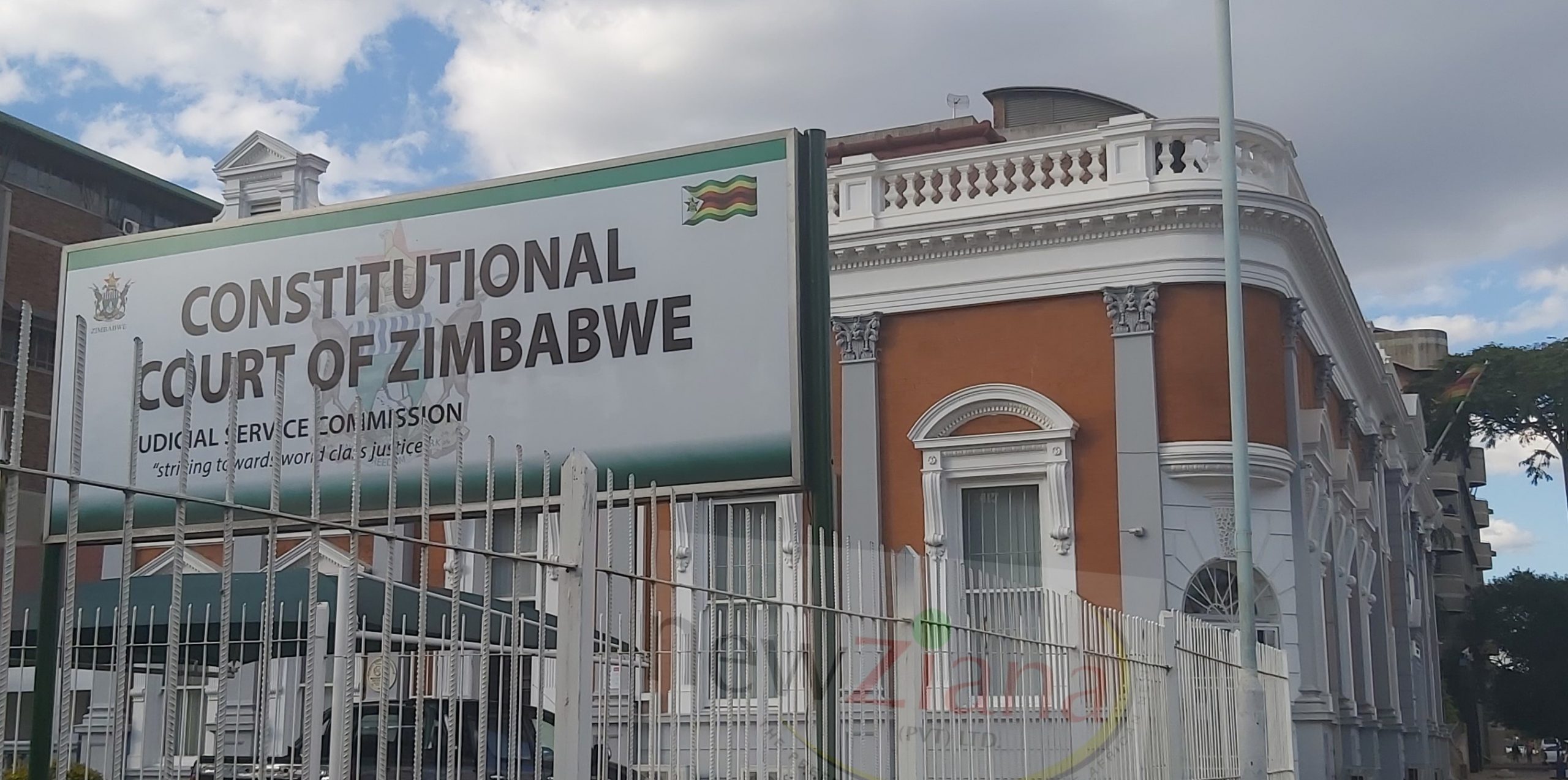Zimbabwe “separates” Constitutional & Supreme Courts
Share

Harare, (New Ziana) – Zimbabwe on Friday separated the Constitutional Court and Supreme Court in line with the dictates of its 2013 Constitution which demands that operations of the the two institutions be independent of each other.
In the past, chosen judges of the Supreme Court had the dual role of serving as Constitutional Court judges whenever issues arose.
Chief Justice Luke Malaba, who presided over the historic separation ceremony, said the new Constitution gave the government a seven year grace period which lapsed on May 22, 2020, to separate the two courts.
“With effect from 22 May, 2020, the Constitutional Court will by operation of the law be constituted by judges separate from judges of the Supreme Court,” he said.
“From today (Friday), the Constitutional Court will operate separately from the Supreme Court, with judges specifically appointed to be Constitutional Court judges, dedicated to the development of the country’s constitutional law jurisprudence.”
Malaba described establishment of the Constitutional Court, which is the supreme guardian of the constitutional order, as a “transition to democracy, the protection of human rights and the rule of law.”
The Constitutional Court, which is the apex in the hierarchy of the courts, will be headed by the Chief Justice, Deputy Chief Justice and five other judges who are yet to be appointed.
“No judge will sit on the Constitutional Court bench without being outstandingly competent in the field of Constitutional law,” Malaba
said.
Prior the separation, the Supreme Court consisted of the Chief Justice, Deputy Chief Justice and 13 other judges.
“The Constitutional Court is the only tribunal with the power to nullify an unconstitutional law or conduct of the President or Parliament. The other courts with concurrent jurisdiction on
constitutional matters, may declare the law, or conduct of the President or Parliament unconstitutional but cannot nullify it,” said Malaba.
“Any order of constitutional invalidity has no force or effect until it is confirmed by the Constitutional Court. The court has final jurisdiction on whether an Act of Parliament or conduct of the President is unconstitutional.”
He added; “It’s the supreme interpreter of the Constitution. Its decisions on constitutional matters are final and binding on all other courts and other powers of state.”
Justice Minister, Ziyambi Ziyambi lauded the separation of the courts as a “significant milestone in the history of administration of justice in Zimbabwe,” which the executive “has been eagerly awaiting for and fully embraces.”
“Independence exhibited by the judiciary of Zimbabwe is a source of pride for the government of Zimbabwe,” he said.
He criticised people who labelled the courts as “captured”, saying the government and its institutions had in many instances been taken to court by citizen and private companies and lost the majority of cases.
“To seek to cast aspersions on the judiciary and accuse the courts of lacking independence on the basis of a few cases where the courts have ruled in favour of government, is in government’s view preposterous,” he said.
“To suggest that government must lose every case in which it is a party to show that the judiciary is independent is equally outrageous.”
Prosecutor General, Kumbirai Hodzi lauded the judiciary for complying with the dictates of the law by separating the two courts within the set time frames.
“The fact that you have led the judiciary in compliance with the requirements of the law gives us pride,” he said.
Attorney General, Prince Machaya said the separation meant Zimbabwe “had come of age in its evolution towards democracy.”
Law Society of Zimbabwe President Thandazani Masiye-Moyo said the move was an affirmation of the commitment of the Judicial Services Commission to constitutional
compliance.”
He described the previous situation as “uncomfortable” as it gave the impression the two courts were not independent of each other and the separation as a “unique and unprecedented divorce.”
New Ziana








